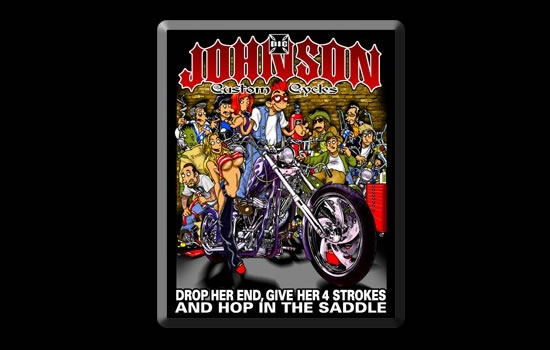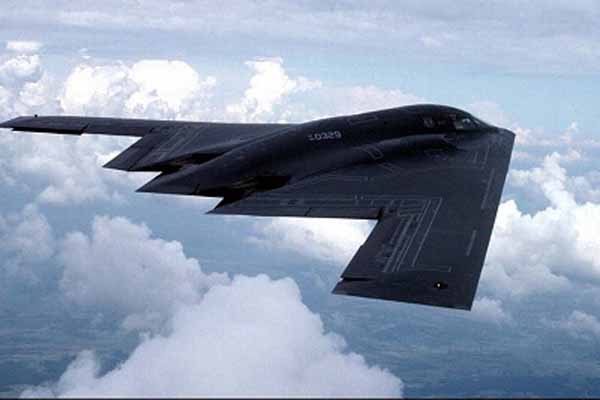With the horrific recent tragedy in Connecticut, the internet and media has been buzzing over discussions for and against gun control and or gun bans. Some folks have even been so erudite as to acknowledge that we have a Second Amendment, and that it has something important and authoritative to add to the discussion. It's always nice when our Bill of Rights is discussed by Americans, something that is rare these days in my opinion, even among those of us paid and sworn to defend it.
A well regulated Militia, being necessary to the security of a free State, the right of the people to keep and bear Arms, shall not be infringed.Here are a couple of my thoughts on the Second Amendment. First, the argument that it is irrelevant because it deals with, and was intended for, militias... The first part of the amendment gives the reasoning behind the right enshrined, ie because the Founders believed a militia was necessary for States to be secure, the people must have the ability to keep and bear Arms. Now, we can agree or disagree with the reasoning behind the enshrined right, but the fact is the right of the people to keep and bear Arms is law. Functionally, had the Second Amendment been written as, "Apples being pleasant to the sight and touch, the right of the people to keep and bear Arms, shall not be infringed," nothing would change legally (ie Constitutionally, and independent of whether or not the government judiciary ruled correctly or not). If it were written that way, we could likely all agree that the reasoning of the Founders would be suspect if not flat out wrong. Apples have nothing at all to do with bearing arms. Still, whether their reasoning was good or poor, the right was still codified into law. People have the right to keep and bear Arms, and that right shall not be infringed, whatever your opinion on apples might be. Again, the first part of the text provides the reasoning for the codified right, and the second part creates the law as a result. It's not unlike the very preamble to the Constitution, that introduces the law of the Constitution by stating that the Constitution was created to form a "more perfect union." You might disagree with the preamble's claim concerning a more perfect union, but that does not change the law of the Constitution. The reasoning in the beginning does not change the law, as a result. Here is a more modern example. Assume that on a deployment as an aircraft commander, and as the ranking crew member, I told my crew, "Hey guys, because alcohol abuse is destroying crew cohesion on this deployment, alcohol is now prohibited and nobody on this crew will consume alcohol until this deployment is over." My crew may disagree with my reasoning that alcohol is destroying crew cohesion, and perhaps nobody had consumed a drop of alcohol on the deployment and I had misdiagnosed the problem and solution...yet the order would still be in effect and would be law, regardless of how wrong my reasoning was. The same goes with the Second Amendment.
As a result, it's not the reasoning but the law that the Founders laid down that matters. In that law, they said the people have the right to keep and bear arms, and that the right would not be infringed. They did not speak of militias (that was in their reasoning). Had the Founders intended the right to only apply to militias (or apples), then the amendment would have said, "the right of militias to keep and bear arms..." It does not. It says the people. There is no way to argue that the Second Amendment does not guarantee Americans the right to keep and bear arms without destroying language and engaging in deception (self or otherwise).
Another argument that is thrown around is that the Second Amendment was referring to muskets and not to AR-15s, and therefore it doesn't apply. Again, basic common sense and the truth of words are instructive. The text says nothing about the types of Arms, it simply says Arms. Even at the time the amendment was being written, there were multiple types of weapons, or arms, employed by the continental army and the militias (ie the people). What are arms? They are weapons - and the text does not limit what kind of weapons the people have a right to keep and bear.
But of course many people will bring up "well should people be able to have a tank, or an RPG?" In my view, those are Arms and the people have a right to own them if they can purchase them. The reason I believe this is because the Second Amendment was not created to protect the rights of hunters or sport shooters. It was created to protect the people from armies and, most importantly, the armies and forces of our own government. In our post 911 world this argument gets lost and while many understand that is the purpose of the amendment, to protect the People from their own government when it becomes tyrannical and ignores the Constitution, still these folks won't want to publicly admit that fact. In our post NDAA world where our political leaders admit to assassinating American citizens without charge or trial, where whistle blowing is prosecuted at record numbers, there is a real fear to speak the truth. Even when that truth is more American than apple pie, and should be embraced by all Americans. Such as the truth that our Second Amendment exists to protect us from our government. Therefore, if our government is armed with the technology that can be, or is, used against American citizens, then the people have the right to Arms that can counteract and deter tyrannical aggression, assuming they have the resources to procure them. While most citizens won't be able to afford a patriot missile battery, they can afford fully automatic weapons and RPGs.
And they have every right to own them. The right of the people to keep and bear Arms, shall not be infringed.
As military personnel, we must truly think about the Second Amendment and our oaths to support and defend it. History is instructive and teaches us that when tyranny comes, the troops will be ordered to disarm the people. If you value America and your oath before God, you must be willing to refuse to violate the Constitution. The "domestic enemy" of our oaths does not refer to criminals here at home (criminals do not harm our Constitution). We in government service are the potential domestic enemies that we swore to defend our Constitution against.
For those of us who have raised our right hands, don't be a domestic enemy. Instead, measure up to the example of Sgt May when he refused to disarm Americans during Hurricane Katrina. And when the cowards chide you with warnings of how you will get in trouble, in an attempt to lessen the guilt they feel from being cowards, just realize that by having courage and doing right by America...you may come out on top. Don't expect it, but it does happen.


















